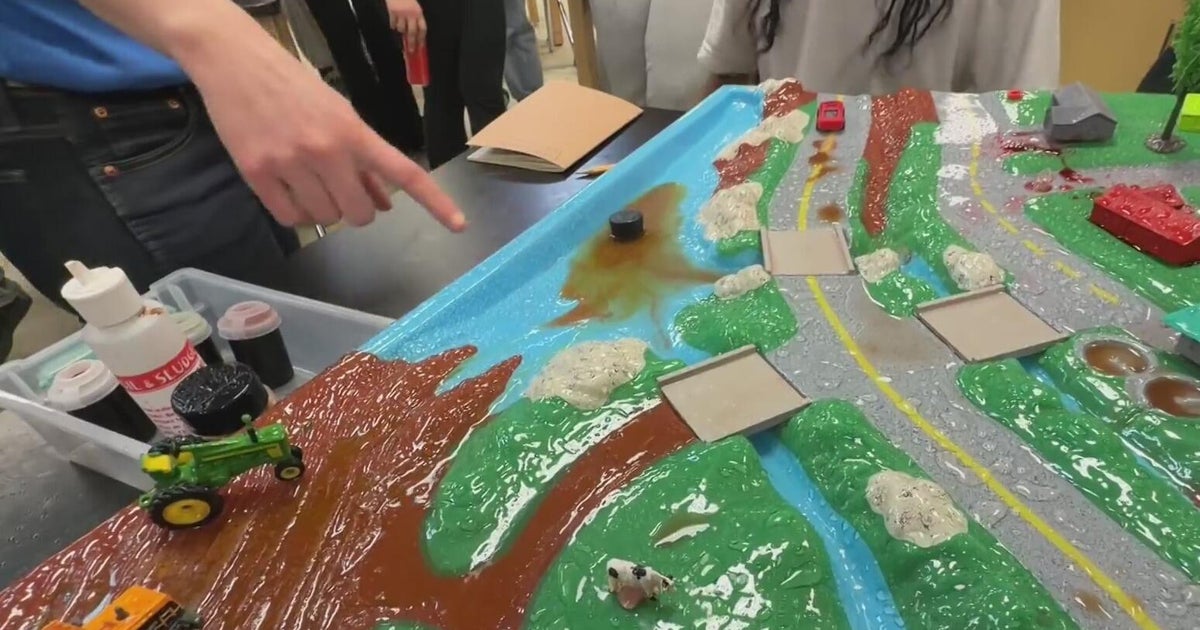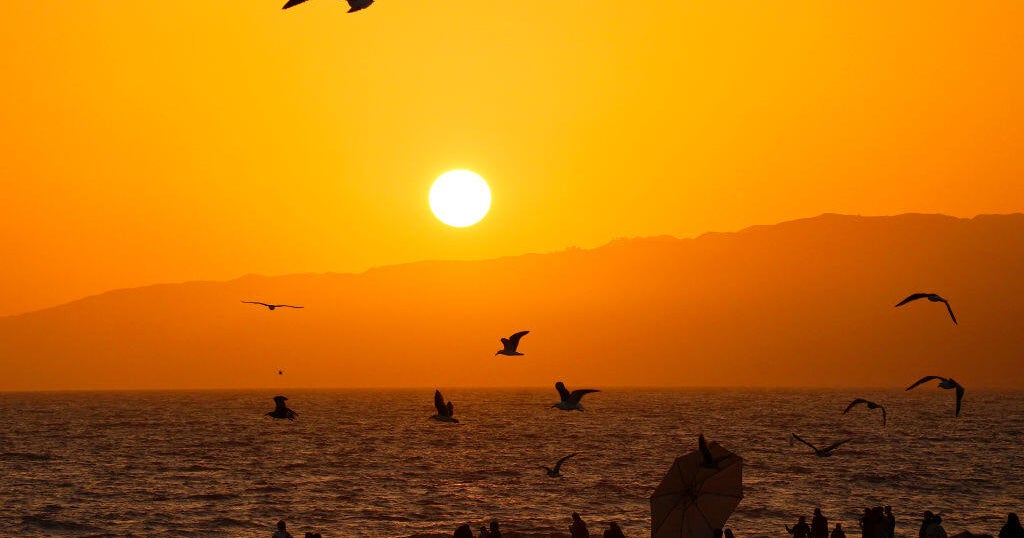4 asteroids will zoom past Earth on Groundhog Day — including one the size of the Empire State Building
Four asteroids will zoom past Earth on Friday — including one space rock as big as a skyscraper that will pass within 1.7 million miles of our planet, scientists say.
Don't worry: There's no chance of the big one hitting us, since it will pass seven times the distance from Earth to the moon.
NASA's Center for Near Earth Object Studies estimates the biggest asteroid headed our way is between 690 feet and 1,575 feet across. That means the asteroid could be similar in size to New York City's Empire State Building or Chicago's Willis Tower.
Discovered in 2008, the asteroid is designated as 2008 OS7. It won't be back our way again until 2032, but it will be a much more distant encounter, staying 45 million miles away.
The harmless flyby is one of several encounters this week. Three much smaller asteroids also will harmlessly buzz Earth on Friday, no more than tens of yards across, with another two on Saturday. On Sunday, an asteroid roughly half the size of 2008 0S7 will swing by, staying 4.5 million miles away.
NASA said Thursday that this January, 34,151 near-Earth asteroids have been detected -- including 50 space rocks found that measured wider than one kilometer.
NASA said there have been 107 near-Earth asteroids that passed closer to the moon in the past 365 days -- including seven in the last 30 days.
Last month, a small asteroid entered Earth's atmosphere and burned up as it hurtled through the skies above eastern Germany.
Last June, an astronomical observatory captured images of an asteroid flying "very close" to Earth and created a time-lapse of the event, showing the asteroid traveling at over 2,000 miles per hour.
NASA is also monitoring an asteroid that could collide with Earth on Valentine's Day in 2046. But the European Space Agency estimates that the asteroid has just a 1 in 607 chance of impacting our planet.



